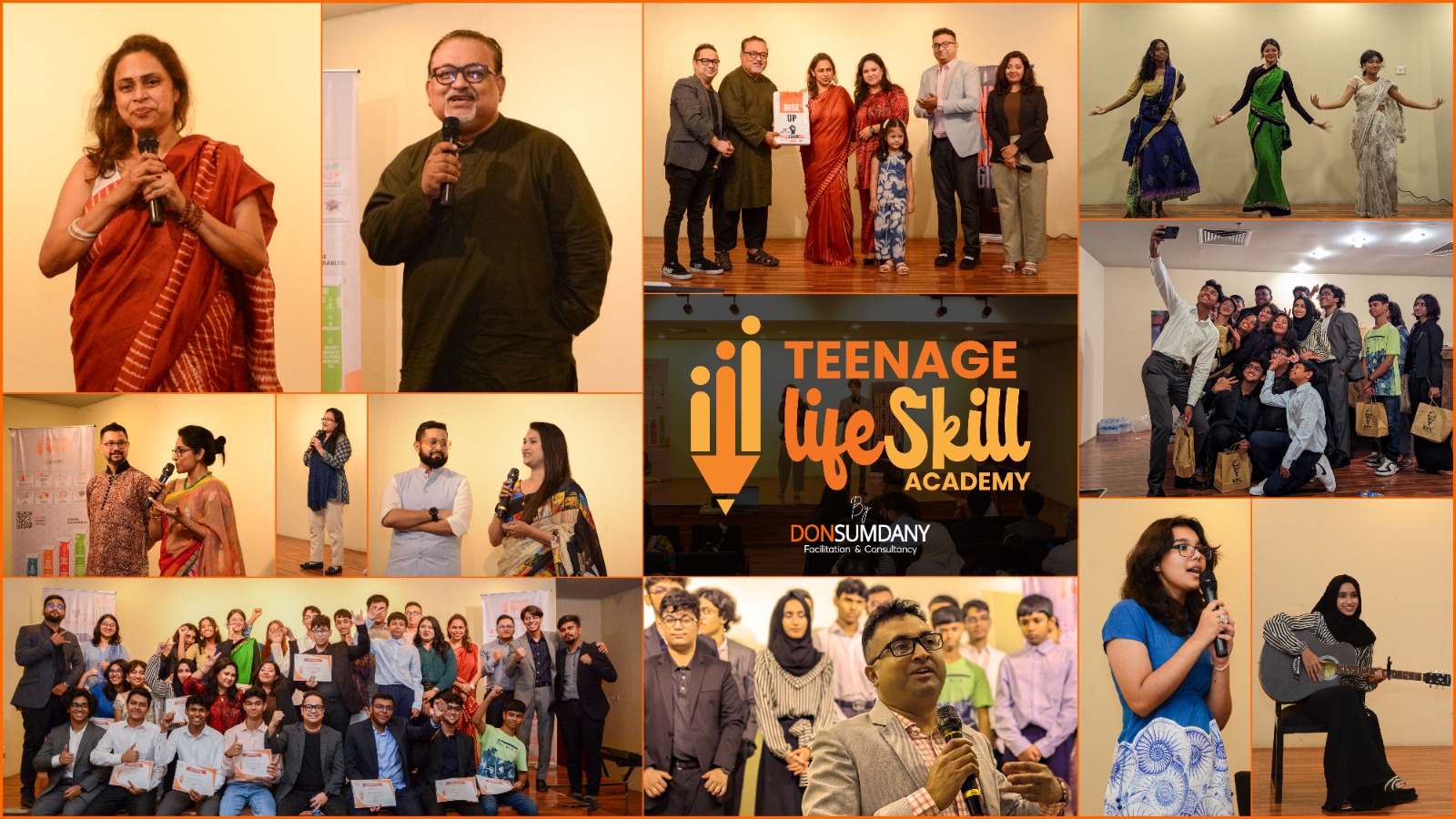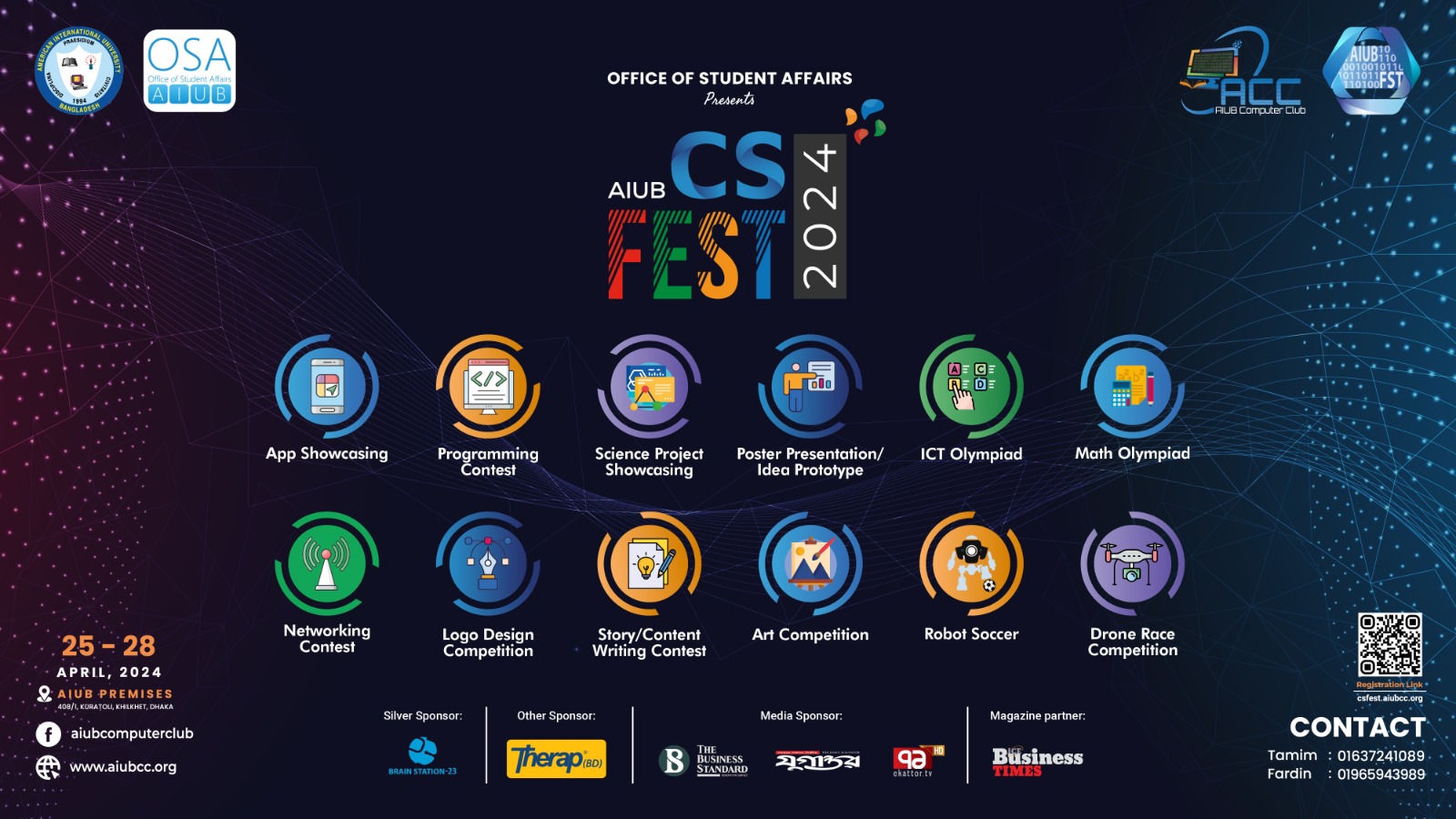H.E. Ahn Seong-doo is the Ambassador of the Republic of Korea to Bangladesh. Seong-doo was born 19th April, 1961 and had his B.A in International Relations from Seoul National University. He joined in MOFA in June 1985. He is married with two sons. Earlier, he served as the Ambassador to Afghanistan and consul-general to Dubai and worked in the Korean embassies in the Philippines, USA, France and Thailand.
What is your evaluation of the multidimensional Korea-Bangladesh relationship?
This year marks the 43rd anniversary of the diplomatic relations between Korea and Bangladesh since the establishment of our diplomatic ties in 1973. The last four decades have been a joyous journey through which Korea and Bangladesh have been cultivating a truly extraordinary and mutually beneficial relationship in every sector. The relations between the two countries are being expanded not only in quantity but also in quality in various areas. Trade volume between the two countries has steadily increased and intensified as well. Our field of cooperation has been diversified into the ICT sector, infrastructural development, energy, environment, culture, human resources, and etc. As a time-tested unique friend to Bangladesh, Korea was, is and will always be there to cooperate with and assist Bangladesh in reaching its goals. I look forward to witnessing the two countries working together and further deepening our existing relationship in the days to come.
“Bangladesh’s export to Korea has grown almost 3 times over the last 5 years; in particular, RMG exports have grown by almost 70% annually. ”
“What are your thoughts on the developmental challenges in Bangladesh where South Korea is making a significant contribution?”
As the only country that transformed itself from a recipient of Official Development Aid to a significant donor, Korea, unlike other donor countries, well understands recipient countries’ perspectives. Bangladesh has very ambitious goals – by 2021 to become a middle-income country, by 2041 to become an advanced country. In order to fulfill these visions, Bangladesh needs to:
1) Diversify its industries
2) Ensure good governance
3) Establish adequate infrastructure.
Bangladesh is in need of skilled manpower. The Korean government, through the KOICA project called “Technical Training Centre (TTC)” in Dhaka, Chittagong, Rajshahi, and Sirajganj is supporting Bangladesh’s human resource development and capacity building. Through this capacity enhancement, in the long term, Bangladesh will be able to make a transition and diversify its industries, thereby easing its over-dependency on the RMG sector. Also, for the diversification, we have enhanced our cooperation in the ICT sector, which has superb potential in Bangladesh given its talented and young population.
Furthermore, Bangladesh needs to ensure good governance. Based on our experience, we understand the importance of good governance. With the Knowledge Sharing Program of the KDI (Korean Development Institute), we are now cooperating with Bangladesh to implement the National Integrity Strategy in the years to come.
It is needless to say that infrastructure and power endowments are the utmost importance in the economic development. Thus, many Korean companies are participating in the development of these two sectors by transferring extensive technology and knowledge while working hand in hand with Bangladesh in the hope of making a shift in the transition. All in all, Korea reaffirms its commitment to continue efforts to expand its ODA and is fully committed to sharing constructive suggestions based on its past development experience during the course of the preparatory process.
“The Korean government, through the KOICA project called “Technical Training Centre (TTC)” in Dhaka, Chittagong, Rajshahi, and Sirajganj is supporting Bangladesh’s human resource development and capacity building.”
What is the FTA status with Bangladesh?
In terms of trade, Korea has been offering Duty-Free & Quota-Free schemes for Bangladesh since 2008; now almost all items, except some sensitive agricultural products, are covered by this scheme and Bangladesh’s export to Korea has grown almost 3 times over the last 5 years; in particular, RMG exports have grown by almost 70% annually. Bangladesh’s exports to Korea are growing fast, with Korea becoming one of the promising markets for many products including RMG. Regarding FTA, I know that Bangladesh would not want to sign an FTA with any country until 2025, before losing the facilities it enjoys as a least developed country.

The Ambassador of the Republic of Korea
An enormous amount of FDI is coming from Korea which includes Youngone Group’s industrial park. What are your thoughts in this regards?
Korean investment to Bangladesh has never been more intensified and diversified than ever before. Since 1973, trade volume between the two countries has increased by almost 500% and investment by about 100%. Bangladesh has long been a land of hope and a window of opportunity for Korean entrepreneurs; we made a big contribution in Bangladesh’s brilliant success in RMG sector over the last decades. I hope our mutual-beneficial bilateral relationship would not be hindered by the KEPZ issue. Considering that a big company like Samsung may come to Bangladesh if they find a suitable investment environment, the wise resolution of the pending KEPZ issue is imperative. It will not only generate employment opportunities and economic benefits but also provide a positive signal to many Korean companies and foreign investors. We have to create a win-win solution through future-oriented approaches. I think the most pressing issue in Bangladesh is to increase the level of FDI. Early settlement of the KEPZ issue will serve as a symbol of the Korea-Bangladesh friendship and will become the biggest success model of the partnership between our two countries. Also, it will be the best way for Bangladesh to attract FDI from many other countries.
What is your opinion regarding the business environment in Bangladesh?
Bangladesh is still a country of immense potential and enormous possibilities. I believe the greater number of investors will keep an eye on Bangladesh to explore its market and to be further convinced of its possibility in terms of the size of its market, high-level of technology and other elements if more improvement efforts are made. With its remarkable economic growth rate, Bangladesh is on the right path to becoming a middle-income country. While feeling proud of these amazing accomplishments and of its unlimited possibility, however, Bangladesh ranked 174th in the report “Doing Business 2016” by the World Bank. This shows that Bangladesh still needs to work hard on creating a better environment for businesses and prepare itself for future challenges. Through good governance and wise policies to overcome the current obstacles, Bangladesh will be able to invite foreign investment to get the technology and push up competition which will definitely lead to the improvement of efficiency and productivity.
“Since 1973, trade volume between the two countries has increased by almost 500% and investment by about 100%.”
What is your evaluation of the hospitality and general mentality of the local people from your time here in Bangladesh?
Bangladesh is a country with energetic and resilient people, beautiful land and a dynamic culture. Even before I arrived here, I heard about Bangladeshi people’s hospitality. Indeed, the loving friendship and warm hospitality that were always extended to me everywhere I go were beyond my expectation. Thanks to peoples’ kindness, I truly feel at home in this country and cannot wait to make stronger bonds and fond memories with the people.















